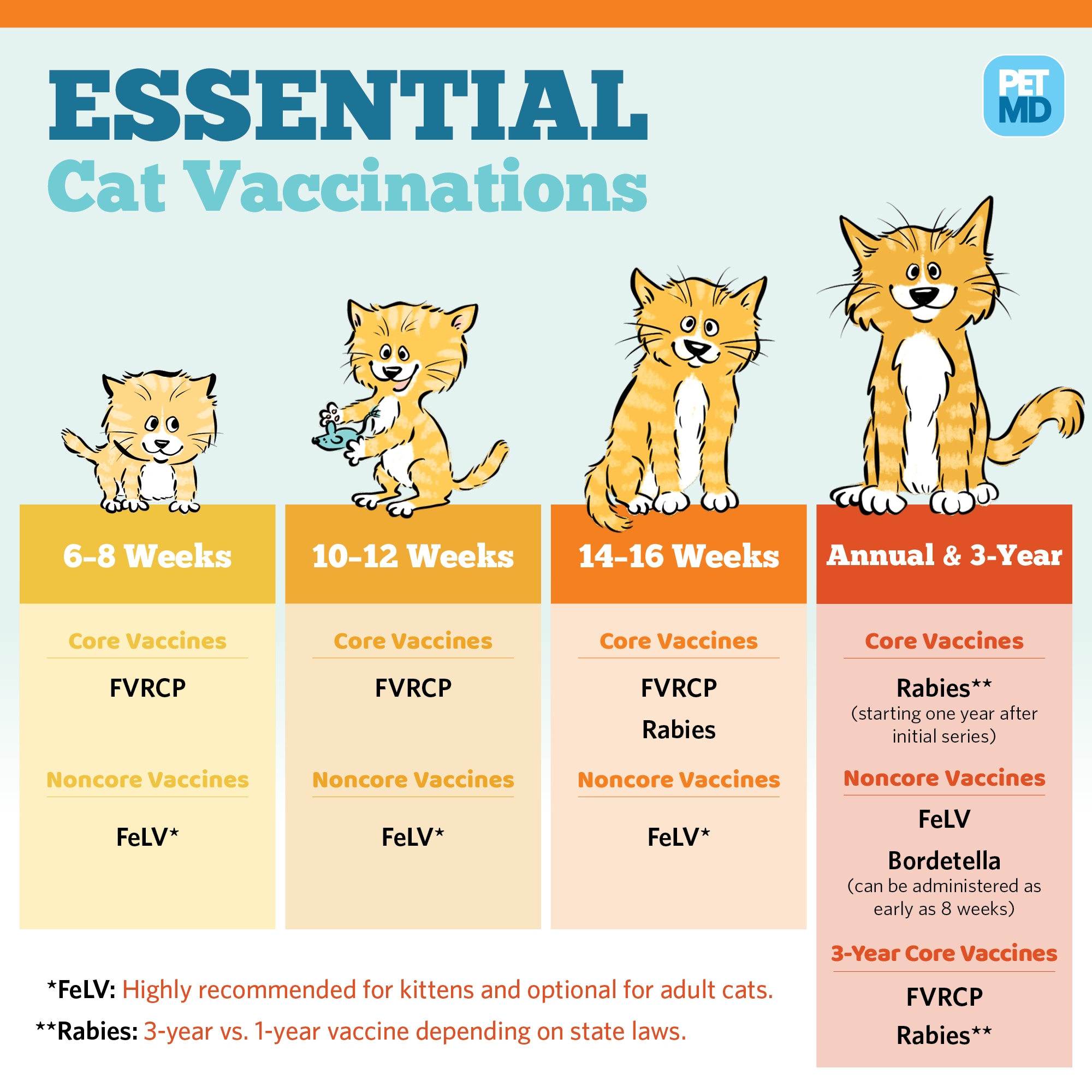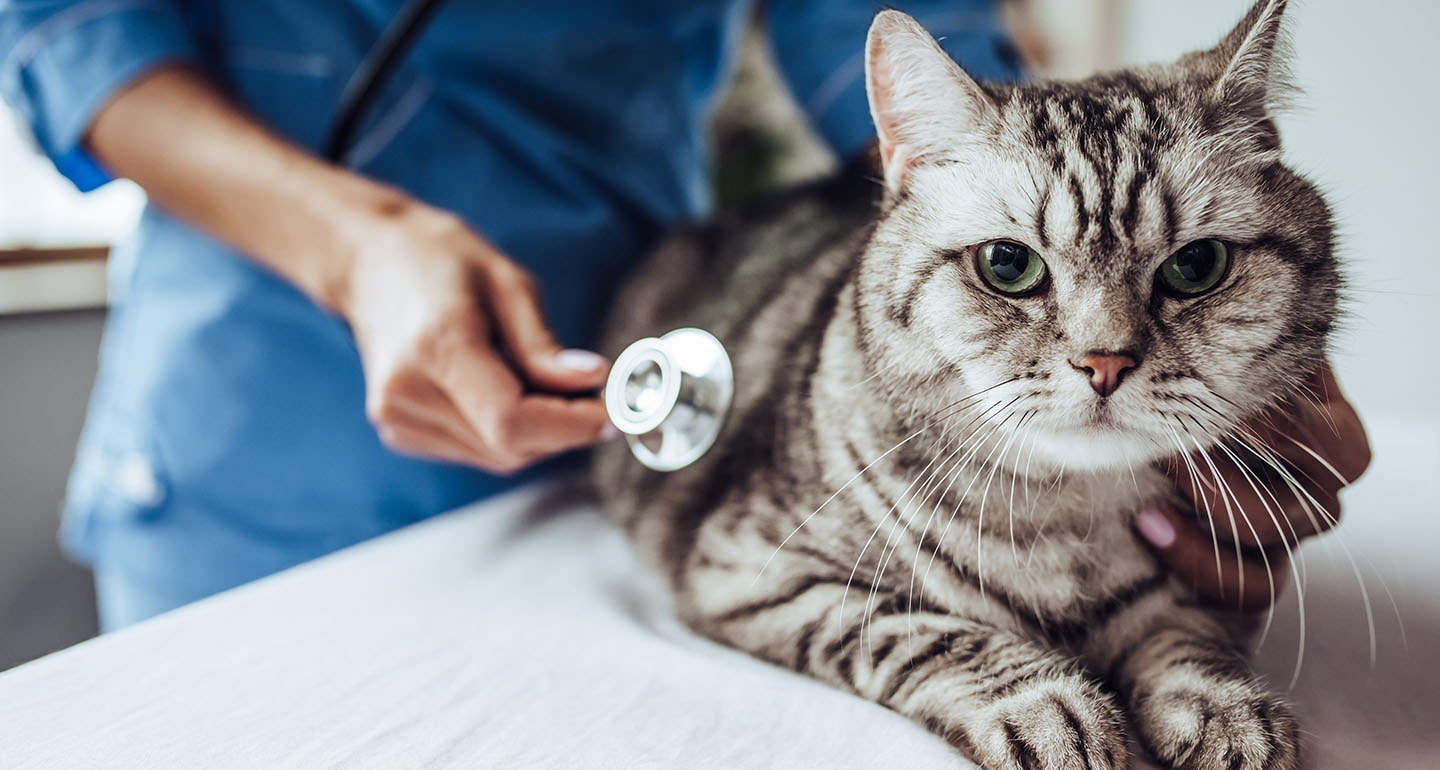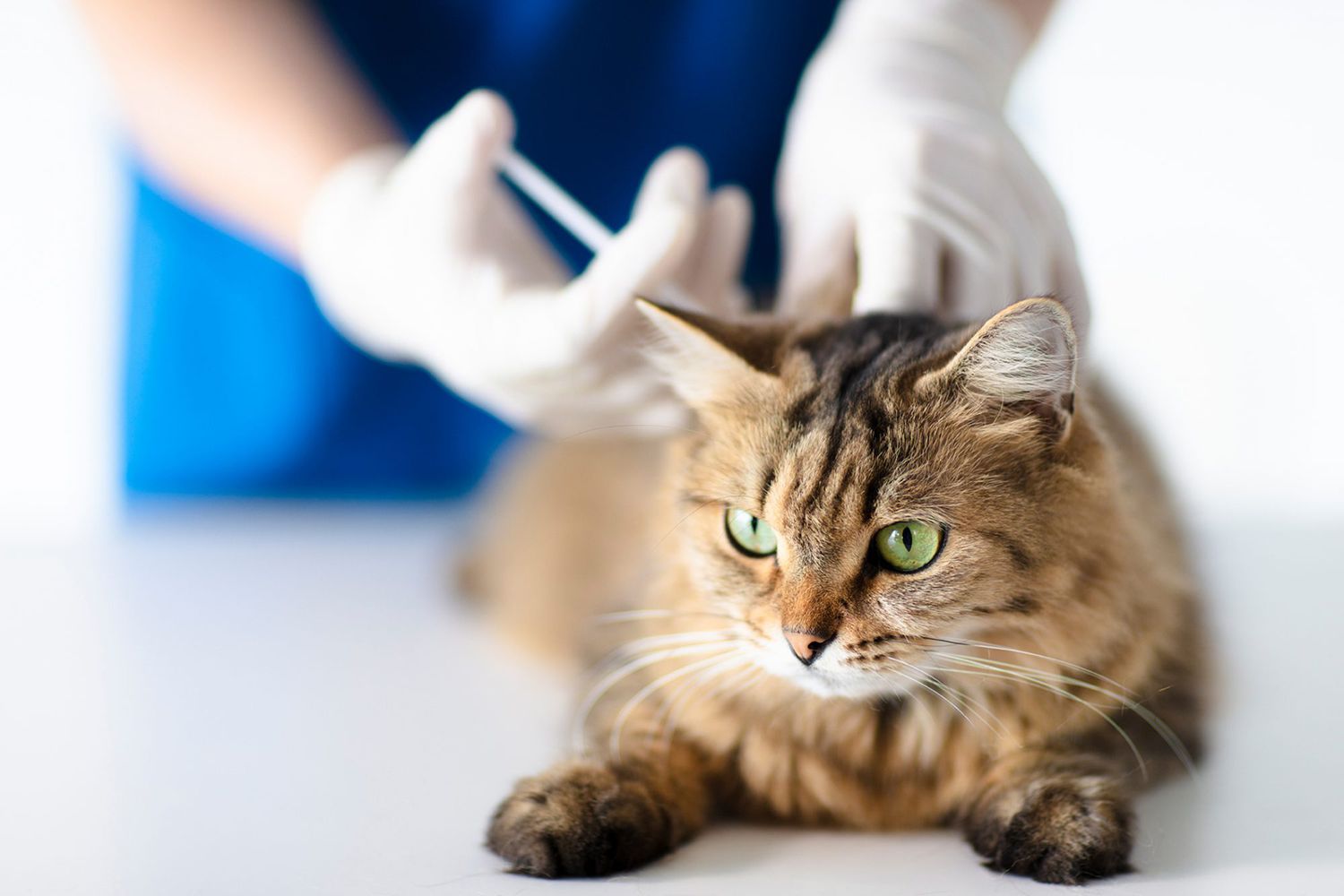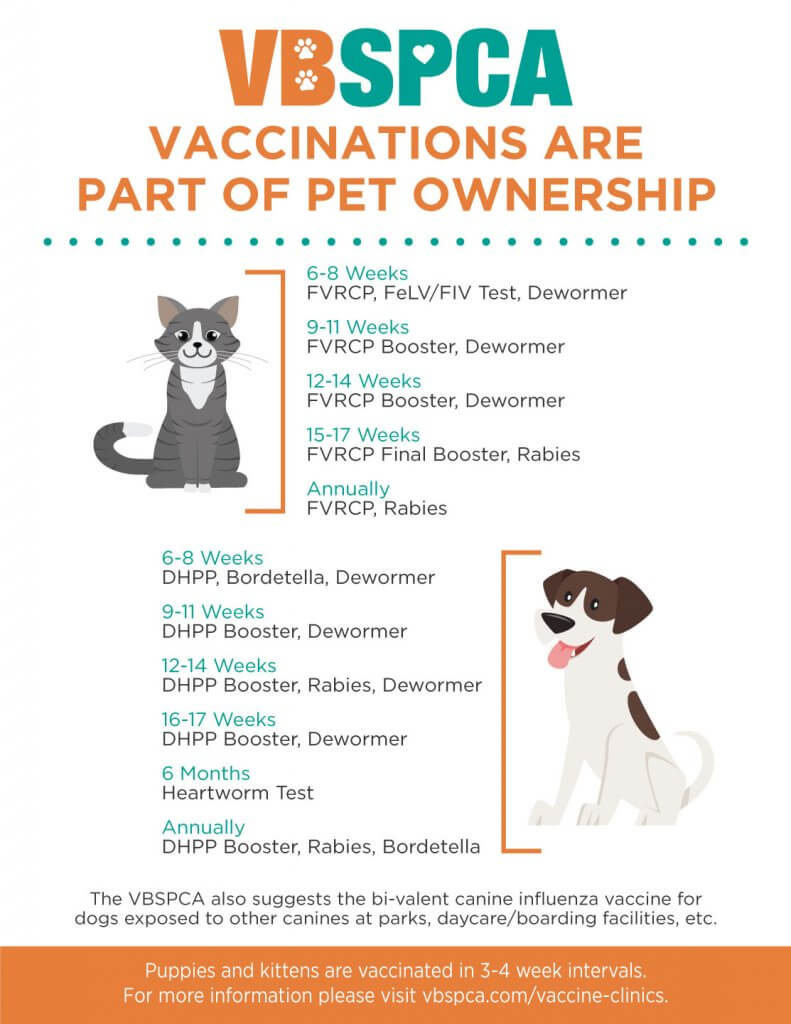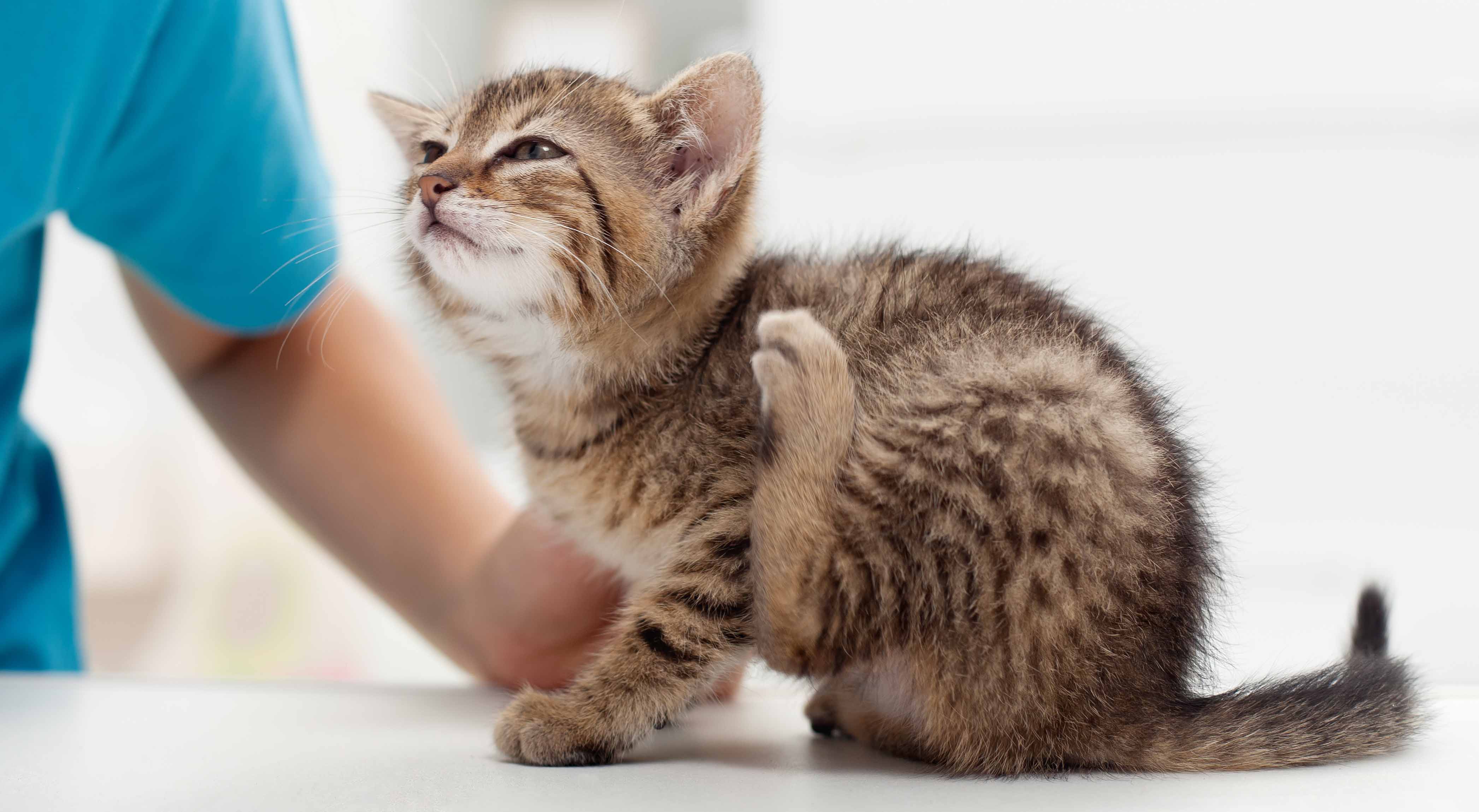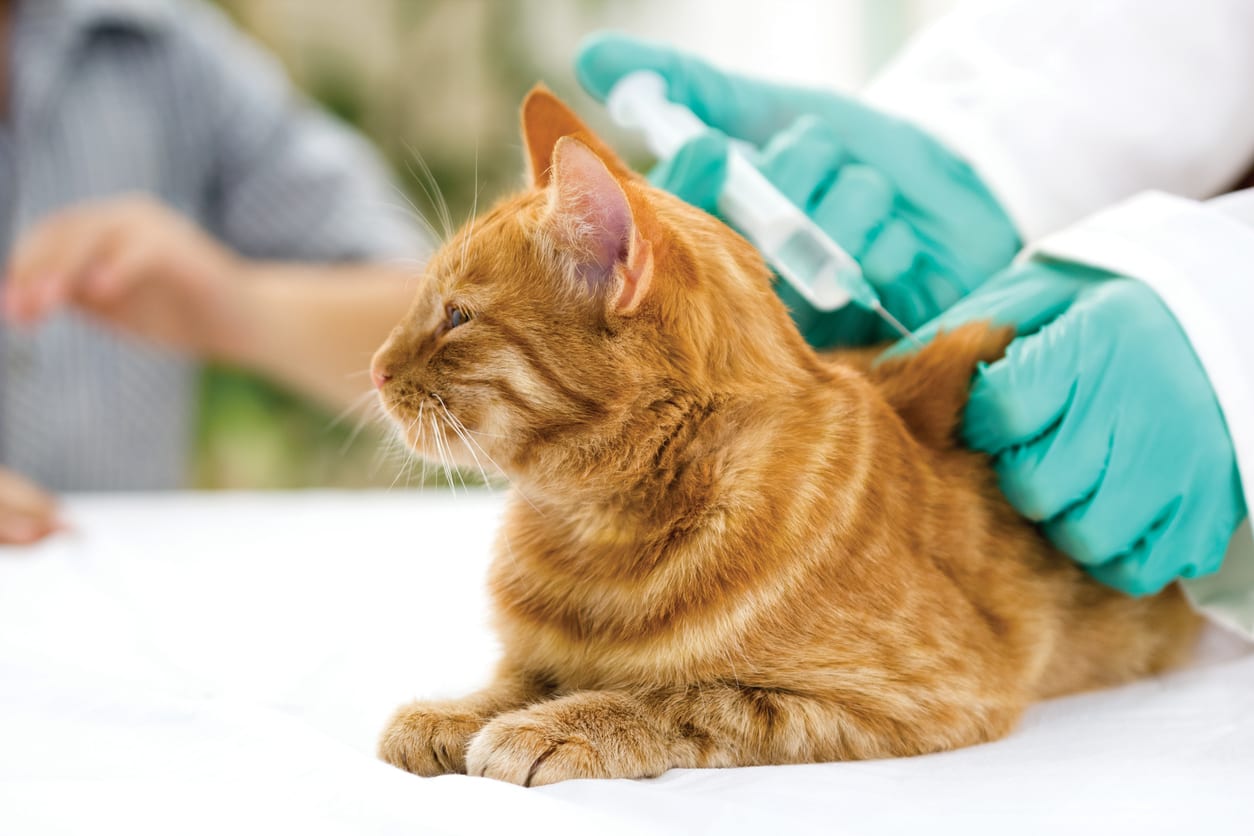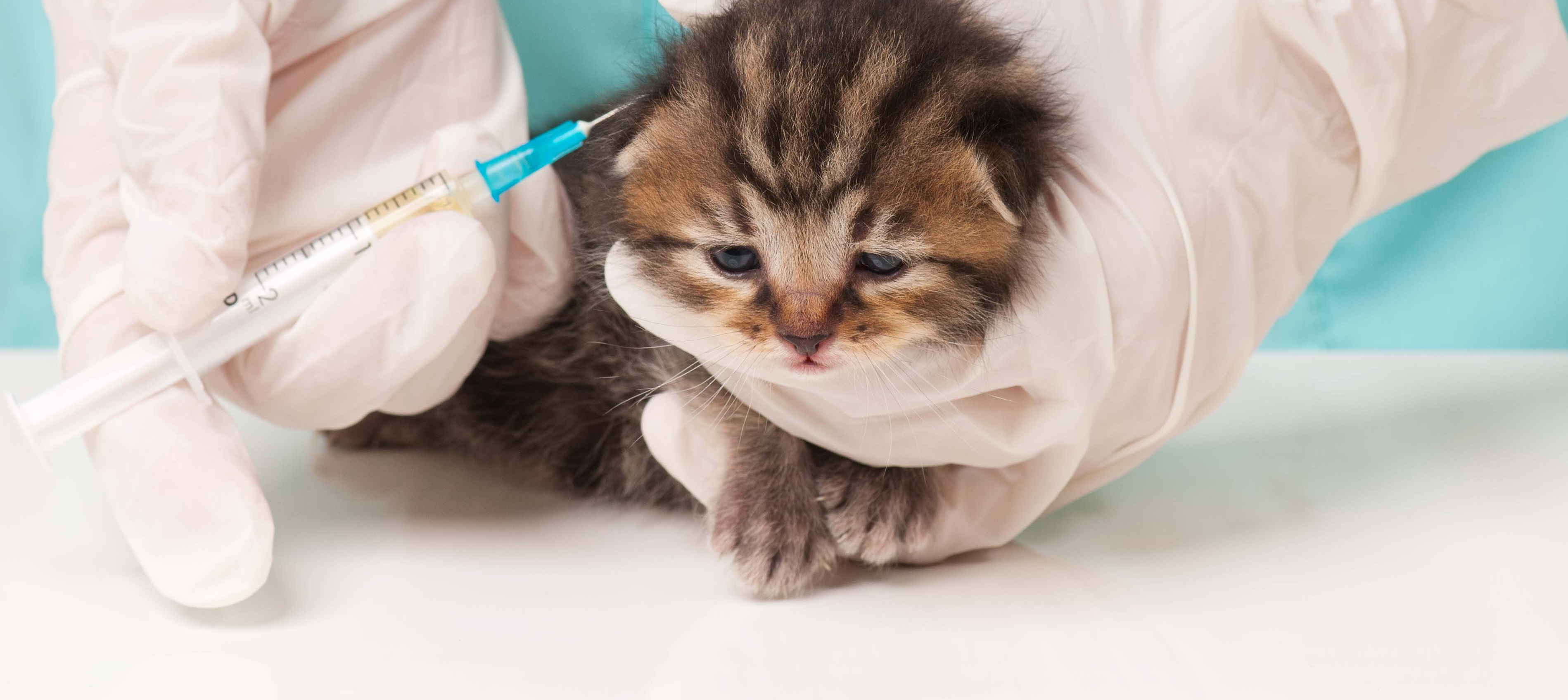Fvrcp Vaccine For Cats How Often

The vaccination series begins at 6-8 weeks of age with a booster given every 3-4 weeks until kittens are 16-20 weeks old.
Fvrcp vaccine for cats how often. When to give vaccines. The shots come in a. Vaccinate all cats four weeks old including injured and mildly ill immediately upon intake with a modified live subcutaneous FVRCP vaccine.
You took your dog or cat to your veterinarian once a year your pet received the recommended vaccinations and whatever other things he or she might need and you went on your way. As a general rule FeLV vaccination protection lasts for about a year and herpes calici and panleukopenia last for around three years. Its true that if a kitten is initially given an FVRCP vaccine at 4 weeks of age and gets re-vaccinated every 2-3 weeks then they could receive up to 9 vaccines by 20 weeks of age.
No longer are we vaccinating every animal every year with every vaccine available. After this kittens and cats usually need booster vaccinations every twelve months. Cats can be vaccinated against all three of these diseases at once with the FVRCP combination vaccine.
How long do cat vaccines last. Vaccinate pregnant cats unless part of a legal case or where the risk is extremely low. Core vaccines for cats include FVRCP.
Vets usually recommend that cats get annual FVRCP booster shots but some believe vaccination once every three years is sufficient. The length of vaccination protection depends on the disease the type of vaccine used and your cats immune system. The initial vaccine is given.
Kittens should receive their first FVRCP vaccination at 6 to 8 weeks of age followed by three booster shots once a month. And that vaccine-associated cancers occur in 1 out of every 10000 cats. Currently the American Association of Feline Practitioners AAFP vaccination guidelines recommend that low-risk adult cats that received the full booster series of vaccines as kittens can be vaccinated every three years for the core vaccines feline viral rhinotracheitis feline calicivirus feline panleukopenia and rabies and then as determined by your veterinarian for any non-core vaccines such as feline.
